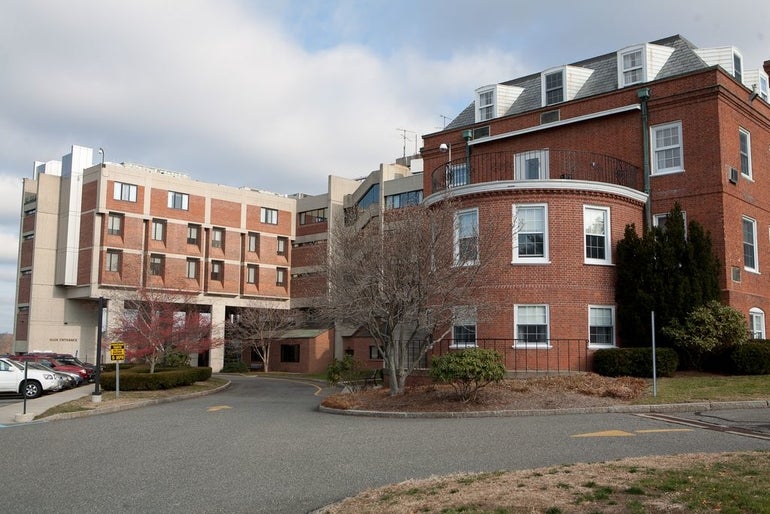UMass Memorial Health – Harrington Hospital has been selected to participate in a nationwide fellowship program to create early detection programs for Alzheimer’s disease.
Harrington Hospital was the only Massachusetts healthcare system among the 10 chosen to participate in the U.S. Early Detection Fellowship Program, an initiative of Davos Alzheimer’s Collaborative, a Geneva and U.S.-based global partnership nonprofit.
The fellowship program will see the healthcare systems work together to create early detection programs in primary care settings while refining DAC’s early detection blueprint for Alzheimer’s and cognitive impairment with blueprint-based training and technical assistance to implement the protocol in a primary care workflow, according to a Tuesday press release from UMMH.
“We are proud to be one of the 10 hospitals chosen to take part in this important program,” Dr. Francis Powers, chief medical officer of Harrington Hospital, said in the release. “This initiative reflects our commitment to exceptional, local and accessible care by advancing early detection of cognitive impairment in primary care. By improving Alzheimer’s monitoring and supporting timely diagnoses, we can enhance health outcomes and provide better resources for patients and their families.”
To assist with its research, Harrington Hospital will receive seed funding, coaching, and the first quarter of 2026, regularly reporting its findings to the DAC System Preparedness team.
“Enabling our healthcare systems to detect cognitive impairment at the earliest stages is crucial to our national goal of treating and effectively preventing Alzheimer’s. This program will improve our ability better to identify those who need access to treatment and support, others who may want advice on reducing the hypertension, diabetes, obesity and lifestyle factors that can exacerbate dementia,” George Vradenburg, founding chairman of the DAC, said in a Dec. 10 press release from DAC.
The number of people with dementia will reportedly triple to 139 million by 2050 with three out of four of those individuals never receiving a diagnosis, according to DAC’s website.
The organization, led by the World Economic Forum and the Global CEO Initiative on Alzheimer’s Disease, aims to invest more than $700 million towards drug development and healthcare system diagnosis reform.
Mica Kanner-Mascolo is a staff writer at Worcester Business Journal, who primarily covers the healthcare and diversity, equity, and inclusion industries.

